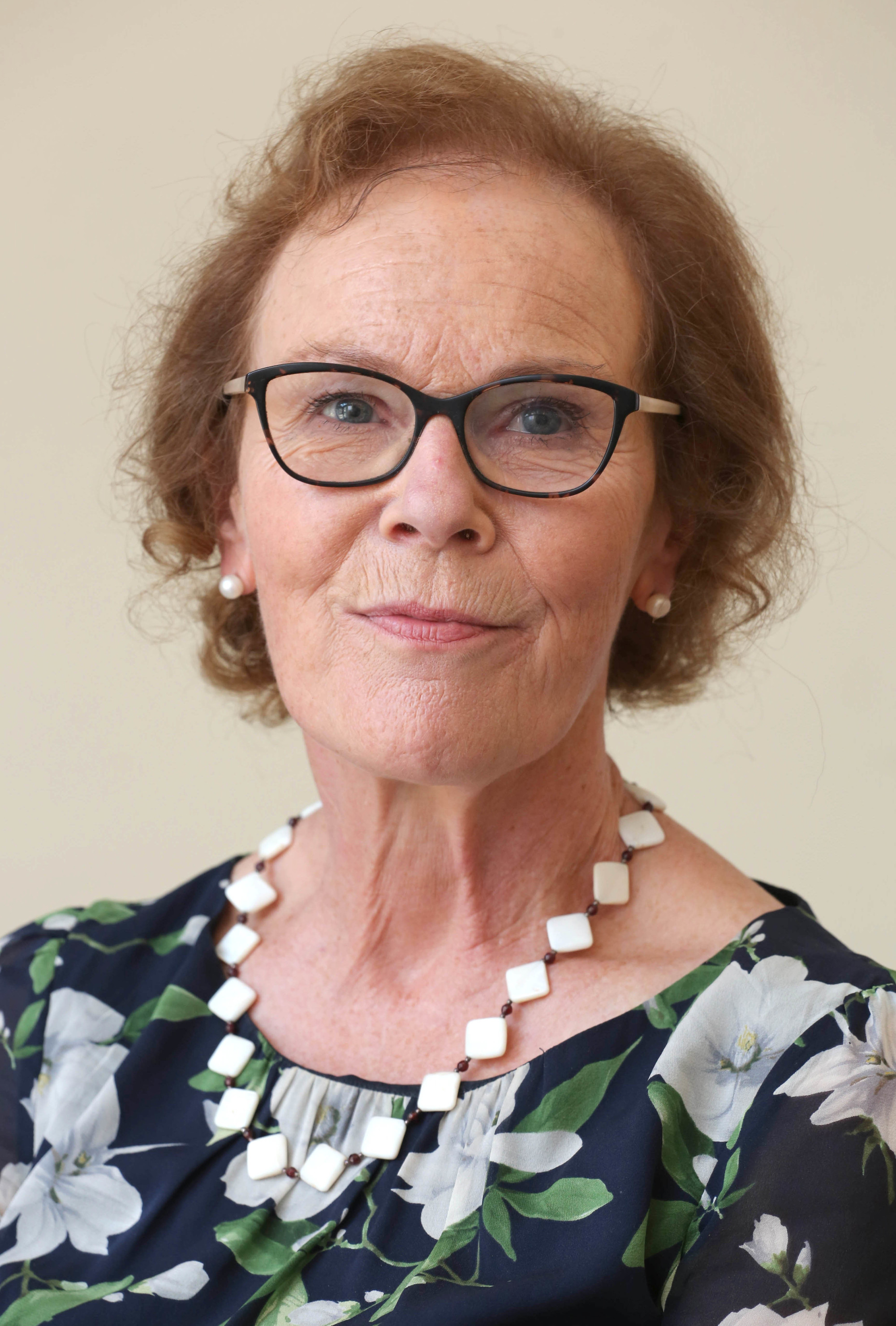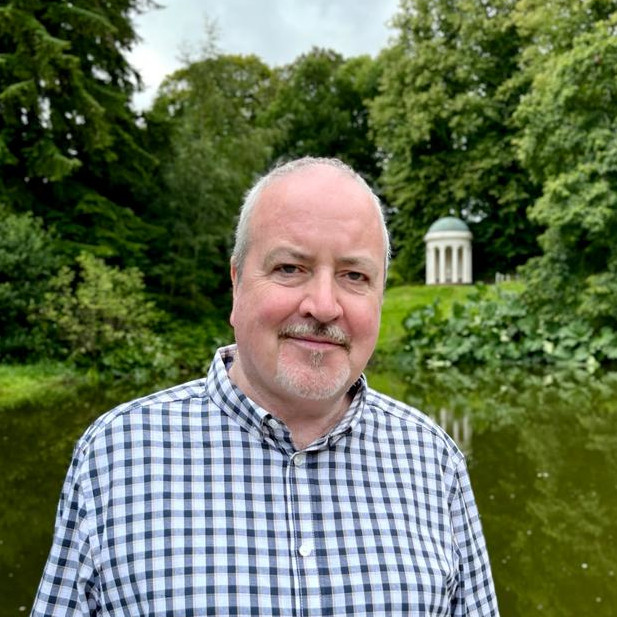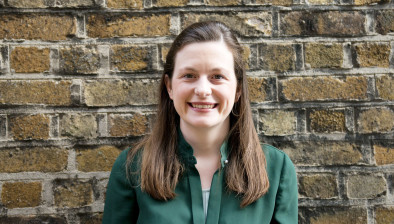Lawyer of the Month: Noeline Blackwell

Noeline Blackwell
The cost-of-living crisis, a protracted war in Ukraine and a vicious conflict in the Middle East are among the emergencies that have meant a stressful year for many of us. Some upcoming respite over the Christmas and New Year break will be welcome.
Sadly, though, that won’t be the case for everyone. Noeline Blackwell knows that only too well, pointing out that Christmas can be a harrowing time for the victims and survivors of sexual violence.
Last year, the freephone National Rape Crisis Helpline supported a caller every hour over Christmas Eve, Christmas Day and St Stephen’s Day with the surge expected to continue into January.
Human rights lawyer Ms Blackwell recently stepped down as chief executive of the Dublin Rape Crisis Centre (DRCC) and was succeeded by Rachel Morrogh who joined from the Irish Cancer Society.
She had spent more than seven years in a job that saw her gain a reputation for resilience, passion and commitment and later be recognised with a Lifetime Achievement Award at the Irish Law Awards 2022.
Despite having had to deal daily with distressing situations involving physical and mental harm, one is struck by Ms Blackwell’s relentless determination and positivity. When she joined the DRCC from FLAC, where she was director general for 11 years, there was, she recalls, a worrying lack of emphasis on the area of what she calls “intimate violence” — whether domestic, sexual or gender-based.
“While there was recognition that much harm was caused by sexual violence, rape and abuse and of the need to have a place where people could get support and counselling, the law concerning the rights of victims was very limited indeed,” she says.
There’s no need for a sheaf of prepared questions when speaking to Ms Blackwell, who is clearly on top of her brief. The Tipperary-born lawyer speaks confidently and with authority about an area of the profession that has been a driving force since the UCD graduate set up a general practice with a particular interest in refugee, immigration and family law in Drumcondra in Dublin.
She had, she says, previously applied to be a volunteer at the DRCC but ironically failed the final interview — only to later return as chief executive. It reflects a determination to improve access for legal rights for the vulnerable that has also led her to become part-time member of the Irish Human Rights and Equality Commission and serve as chair of Amnesty Ireland International for some years.
Her tenure at the DRCC was one during which significant change took place. “For instance, the Criminal Justice (Victims of Crime) Act 2017 transposed the EU Directive on Victims’ Rights into Irish law, giving us an understanding of rights based on European law, and in 2019 Ireland ratified a Council of Europe Convention focused on the elimination of domestic violence and violence against women which became known as the Istanbul Convention,” she explains.
“Both of those were formal, structural changes that facilitated a better understanding of the fact that the victims of sexual violence had rights that were not previously well recognised in our legal system.”
Her time in office was certainly a febrile one, involving a large degree of societal change that included the formal repeal of the Eighth Amendment — which had effectively banned abortion in Ireland — in 2018.
“During my time in the centre we also saw the rise of the MeToo movement, and while social media is often justly blamed for the harm it can cause, it also facilitated a recognition by a lot of people that they were not alone and could make their voices heard,” says Ms Blackwell.
And social media did turn up the volume substantially in December 2018 when Ulster players Paddy Jackson and Stuart Olding were acquitted of all charges in the so-called rugby rape trial in Belfast, an event that deepened public debate across the island about the meaning of consent.
“The fact that the Belfast trial was in public led to weeks of conversation and immediately afterwards our then minister for justice Charlie Flanagan announced a review of how victims were treated in the court system, undertaken by the very eminent Tom O’Malley, now senior counsel, working at the National University in Galway,” she says.
This, she elaborates, emphasised the fact that victims of sexual violence are often particularly vulnerable simply because of the situation they find themselves in and underlined how daunting it can be for witnesses.
“In our jurisdiction, if four defendants are tried together, you effectively have 12 lawyers — solicitors, senior counsel and junior counsel — who are all extremely experienced and experts in their field examining the evidence of a victim who is very often in court for the first and only time in their lives, so the process of going through court is as bad, if not worse, than the rape experience itself.”
Quite simply, she says, sexual intercourse without consent is rape. “The harm it does not only needs counselling and therapeutic assistance, but also requires legal reform.”
Earlier this year she noted that the Office of the Director of Public Prosecutions (DPP) had warned that its funding level was not sufficient to deliver a modern prosecution service, saying: “People are dropping out of the system — we are only seeing the tip of the iceberg. Justice cannot happen until resources are put in place.”
And though she has seen encouraging improvements throughout her time at DRCC, they were, she says, long overdue. “Indeed, it wasn’t until 1990 that a husband could be convicted of raping his wife — and we didn’t have a conviction here until the 21st century.”
The laws surrounding rape by a husband of his wife were changed across Europe in the 1990s, underlining that this was a widespread problem. “However, thorough research by the DRCC around people’s understanding consent showed that the Irish were more reluctant to talk about sexual behaviour and activity, sexual behaviour than in some other places,” she adds.
She recalls the infamous case involving Braun and Roche in the High Court in Dublin in the 1970s, when businessman Werner Braun embarked on a civil case against the millionaire retailer Stanley Roche seeking financial compensation for “debauching his property”.
“The judge described Heide Braun as her husband’s ‘chattel’… as if she had been a thoroughbred mare or a cow.” The case caused a sensation and sparked fury among women’s rights campaigners.
With much still to achieve and the beginning the implementation of a new strategic plan at the DRCC, Ms Blackwell believes the time was right for her to step down and allow others to shape the next stage of the organisation’s development — about which she is sanguine.
“Sometimes when I look at the amount of work that must be done to improve the protection of rights, including in the online area, I think the job is going to be huge — but I can only do my part in that. I’m a natural optimist and I believe we can achieve change despite the setbacks.”
Retirement, she says, will mean spending more time with friends, continuing to enjoy north Clare and the Burren, making better use of LinkedIn and pursuing her favourite hobby as a qualified marriage celebrant.
Not that all traces of professional life will end abruptly. “I recently became a part-time online safety coordinator at the Children’s Rights Alliance… I really don’t know how all I’m going to fit all these activities in now that I’ve retired,” she laughs.










